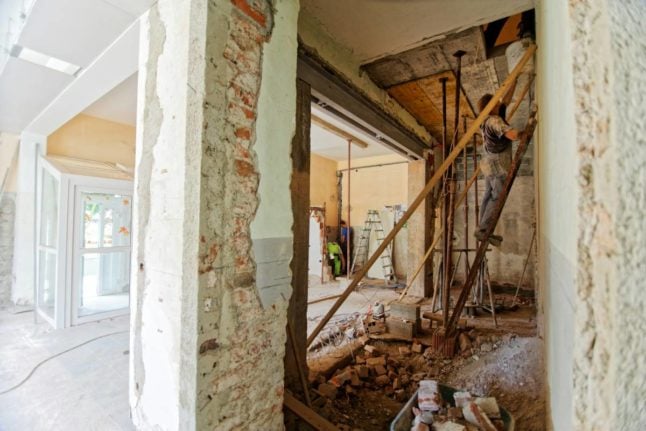Rent prices rose by 1.6 percent in Norway’s four largest cities in the first three months of 2022, Real Estate Norway’s (Eindom Norge) latest figures revealed.
The most substantial price growth was in Bergen, where rent rose by more than 15 percent in the first quarter.
“Eiendom Norge’s rent statistics show an increase in rental housing prices in Norway as a whole in the first quarter of 2022. In Bergen, there was a strong increase of 15.1% in the first quarter of the year,” Hennig Lauridsen, CEO of Real Estate Norway, said of the figures.
The cost of renting in Trondheim rose by 5.1 percent, and rental prices in Oslo increased by 0.1 percent.
Stavanger saw a fall in rental prices during the first quarter, with it becoming almost 2 percent cheaper to let a property.
READ ALSO: Where can you buy a house in Norway for less than 3 million kroner?
Bergen, and another city on the west coast, Stavanger, saw the highest rental price growth over the past year, with 13.4 and 7.8 percent increases, respectively. The cost of a let in Trondheim has increased by 2.5 percent over the past year, compared to 2.3 percent growth in Oslo.
Real Estate Norway said that there had been a significant drop in the number of rental homes available on Finn.no during the first quarter of the year.
Lauridsen said one explanation could be people selling their second homes and rental properties falling an increase in the wealth tax at the beginning of the year.
“We believe the low supply can partly be explained by the increased wealth taxation of secondary homes in 2022, as we have received feedback on many wanting to sell their rental homes as a result,” he said.



 Please whitelist us to continue reading.
Please whitelist us to continue reading.
Member comments